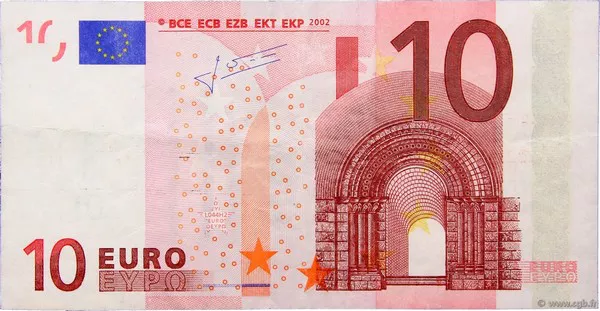Europe’s economic history has been punctuated by various crises, each leaving a profound impact on its societies and shaping its economic landscape. However, one crisis stands out for its magnitude and enduring repercussions – the Great Depression of the 1930s. This article delves into the intricacies of what is widely regarded as the worst economic crisis in Europe, examining its causes, consequences, and lessons learned.
Causes of the Crisis:
The roots of the Great Depression in Europe can be traced back to the aftermath of World War I. The Treaty of Versailles imposed hefty reparations on Germany, leading to economic instability and resentment. The global interconnectedness of economies through trade and finance meant that the collapse of the U.S. stock market in 1929 sent shockwaves across Europe. Protective tariffs and trade barriers further exacerbated the situation, stifling international trade and worsening economic conditions.
Consequences:
The impact of the Great Depression on Europe was far-reaching and multifaceted. Unemployment soared as industrial production plummeted, reaching unprecedented levels in some countries. Governments struggled to respond adequately, leading to political turmoil and the rise of extremist ideologies. Social unrest was palpable, with protests and strikes becoming commonplace as citizens demanded relief from economic hardship.
The agricultural sector was particularly hard-hit, with farmers facing plummeting prices and widespread bankruptcy. Rural communities suffered disproportionately, deepening the rural-urban divide. The financial sector was also severely affected, with bank failures contributing to a loss of confidence in the banking system.
The Great Depression had profound social consequences as well. Poverty and homelessness became rampant, as families struggled to make ends meet. Soup kitchens and breadlines became symbols of the era, highlighting the desperation of those affected by the crisis. Health outcomes deteriorated, as access to medical care became increasingly limited for many.
Lessons Learned:
The Great Depression served as a harsh lesson for policymakers and economists, prompting a reevaluation of economic theories and policy frameworks. Keynesian economics emerged as a dominant paradigm, emphasizing the role of government intervention in stabilizing the economy. Fiscal and monetary policies were reoriented towards demand management, with a focus on stimulating aggregate demand to combat unemployment and promote economic growth.
The importance of international cooperation and coordination was also underscored by the Great Depression. The failure of protectionist policies to revive the economy highlighted the need for a more collaborative approach to global economic governance. Institutions such as the International Monetary Fund (IMF) and the World Bank were established in the aftermath of the crisis to promote economic stability and development on a global scale.
Furthermore, the Great Depression spurred the adoption of social safety nets and welfare policies aimed at mitigating the impact of economic downturns on vulnerable populations. Unemployment insurance, social security, and other forms of social assistance were introduced to provide a buffer against the vicissitudes of the market economy.
See also Is the UK in recession 2024?
Conclusion:
The Great Depression of the 1930s remains a seminal event in Europe’s economic history, leaving an indelible mark on its societies and shaping its economic trajectory for decades to come. Its causes were complex and multifaceted, rooted in a combination of economic, political, and social factors. The consequences of the crisis were profound, with widespread unemployment, poverty, and social unrest gripping the continent.
However, the Great Depression also served as a catalyst for change, prompting a reevaluation of economic theories and policy frameworks. Keynesian economics emerged as a dominant paradigm, emphasizing the role of government intervention in stabilizing the economy. The importance of international cooperation and coordination was also underscored, leading to the establishment of institutions aimed at promoting global economic stability and development.
Ultimately, the Great Depression stands as a stark reminder of the dangers of economic instability and the importance of proactive policy responses in mitigating its impact. As Europe faces new economic challenges in the 21st century, the lessons learned from the Great Depression remain as relevant as ever.


